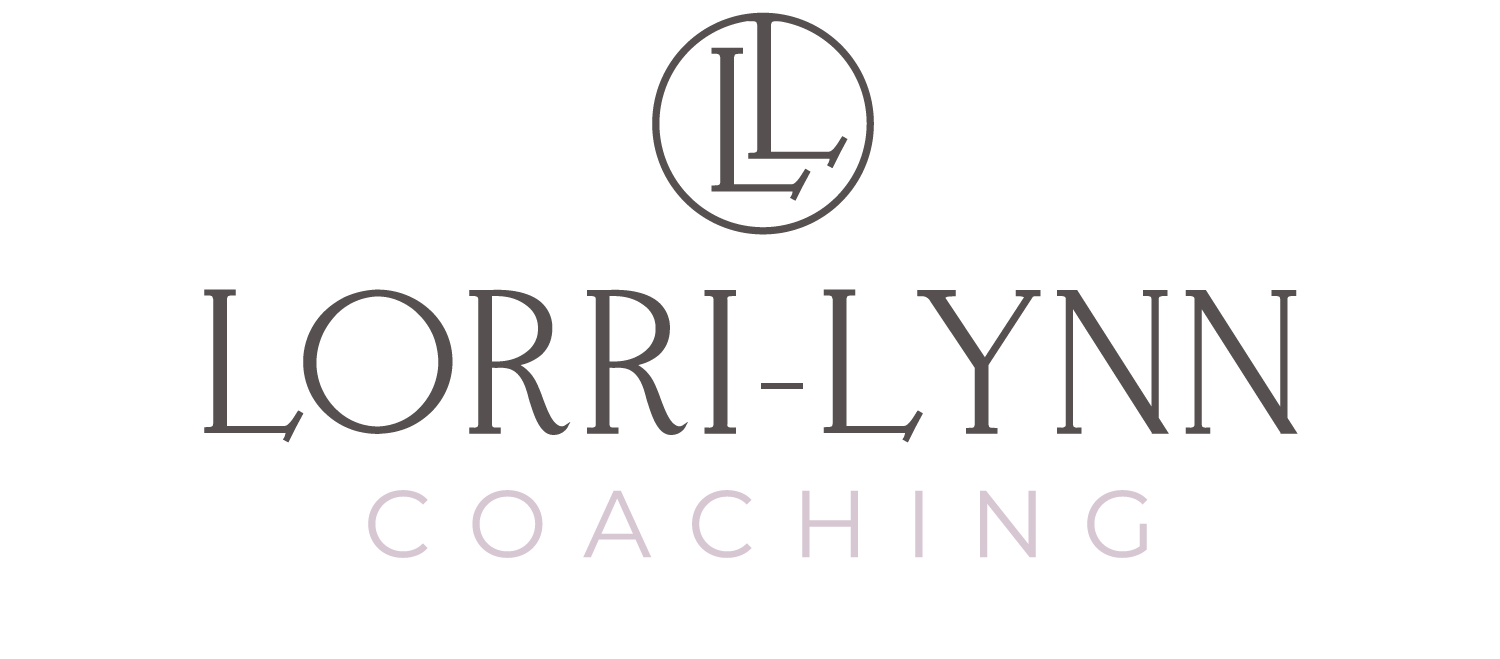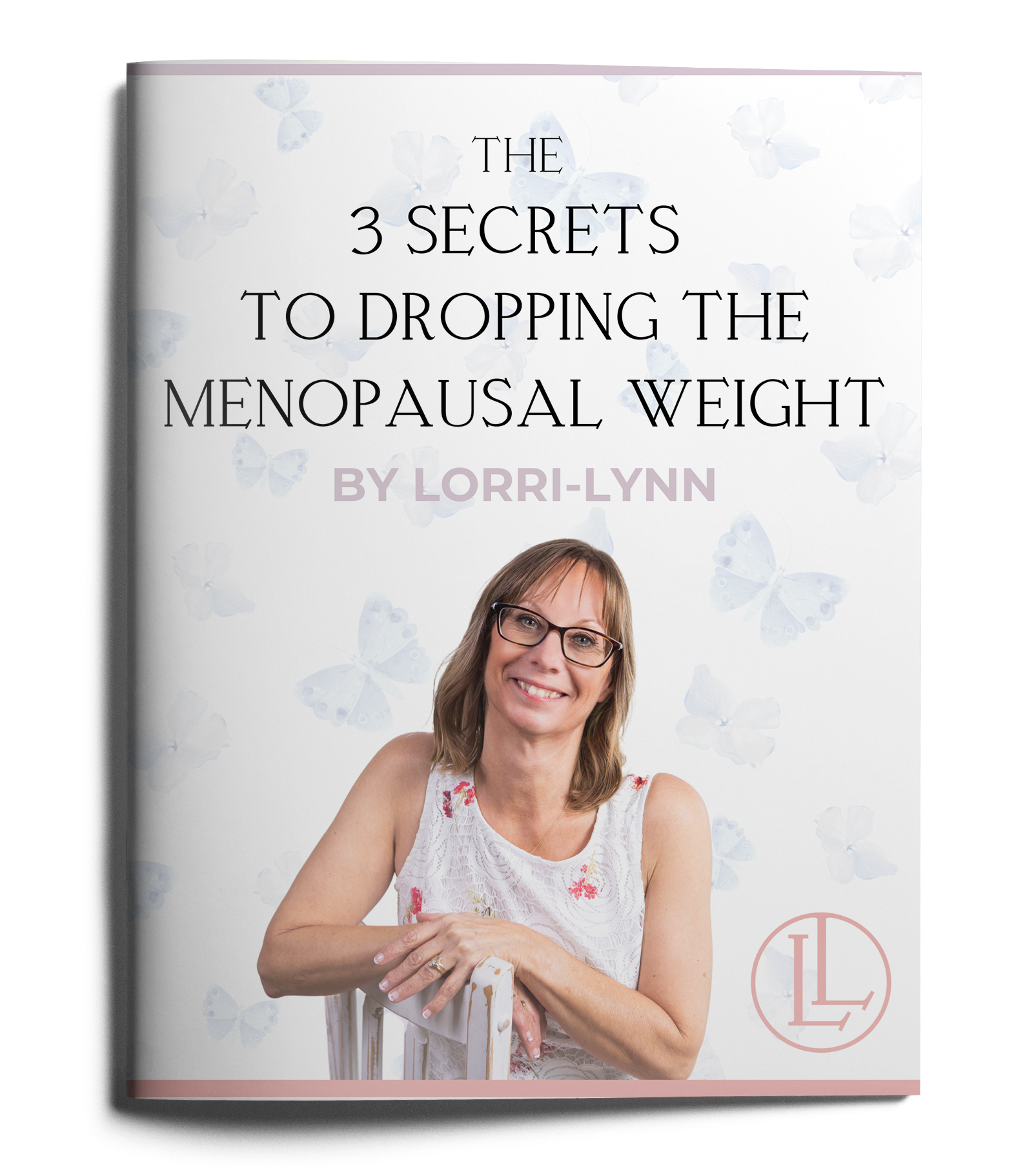It’s 9 PM. You’ve had that day—work stress, hot flashes, a teenager’s eye-roll. Now, you’re elbow-deep in a bag of chips, thinking, “Why can’t I stop?”
At 55, I discovered my late-night snacking wasn’t about hunger—it was about filling emotional voids that deepened during menopause. That revelation helped me lose 15 pounds and find my way back to myself.
The Truth About Menopausal Emotional Eating
Menopause doesn’t just change your body—it fundamentally transforms your relationship with food. And it’s not your willpower failing you. It’s a perfect storm of hormonal shifts, stress, and deeply ingrained mindset patterns.
The Biology Behind Your Cravings
1. The Estrogen-Serotonin Connection As estrogen plummets, so does your serotonin (your feel-good neurotransmitter). Your brain’s solution? Carbs—the quickest route to a serotonin boost. That cookie isn’t just a treat; it’s your body’s attempt at emotional regulation.
2. Cortisol: The Stress-Craving Amplifier Menopause amplifies your body’s stress response, triggering cortisol surges that intensify cravings specifically for high-calorie, high-carbohydrate comfort foods. That stress-snacking connection is biologically hardwired—and stronger during menopause.
3. The Sleep-Hunger Cycle Night sweats and hormonal insomnia aren’t just exhausting—they trigger a cascade of hunger hormones. Research shows poor sleep increases ghrelin (your hunger hormone) while reducing leptin (your fullness signal). That 3 AM cookie raid? It’s your disrupted sleep talking.
4. The “I Can’t” Identity Trap After years of thinking “I’ll never lose this weight,” those thoughts become your reality. I lived in this trap for 15 years, until I realized my stories about myself were just that—stories I could rewrite.
Breaking Free: 3 Transformative Strategies That Actually Work
1. Practice the Hunger-Emotion Check
Before reaching for comfort food, pause and ask yourself:
- “Am I physically hungry, or am I emotionally hungry?”
- “What am I really feeding—my body or my feelings?”
- “Would I eat steamed vegetables right now?” (The ultimate test of true hunger!)
Try This Tonight: Keep a small notebook by your refrigerator. Each time you reach for an unplanned snack, write down what you’re feeling. After just one week, you’ll see patterns emerge that will change how you view your cravings.
2. Upgrade, Don’t Eliminate
Deprivation triggers bingeing. Instead of denying yourself comfort, upgrade it:
- Craving chocolate? Dark chocolate (70%+) with almonds provides antioxidants, healthy fats, and protein that stabilize blood sugar while still satisfying that cocoa craving.
- Need something crunchy? Roasted chickpeas with sea salt deliver that satisfying crunch plus protein and fiber that actually balance hormones.
- Emotional storm brewing? Before reaching for food, try the 4-7-8 breathing technique (inhale for 4 seconds, hold for 7, exhale for 8). This activates your parasympathetic nervous system, calming stress hormones within 90 seconds.
3. Connect With Your Future Self
Each time a craving hits, pause and ask:
- “What would my future self thank me for right now?”
- “How will I feel in 30 minutes if I choose this? How about tomorrow morning?”
- “What small choice today creates the life I want at 65, 75, or 85?”
My personal mantra became, “My future self doesn’t regret this snack—she regrets missing sunset walks because she felt sluggish.” This single perspective shift has helped hundreds of my clients make choices from empowerment, not deprivation.
Movement as Medicine (Not Punishment)
Forget punishing exercise regimens. Instead, think joyful movement:
- Kitchen dance parties while cooking dinner (my personal favorite!)
- “Walking meetings” for work calls
- Gentle morning stretching that honors your changing body
- Evening “stress-release walks” that replace nighttime snacking
When I replaced my midnight refrigerator raids with 10-minute moonlight walks, something magical happened—I started craving the walk more than the snack. My body wasn’t the enemy; it was simply asking for different forms of nourishment.
Your Body Is Speaking—Are You Listening?
Your body isn’t a problem to fix—it’s a wisdom-keeper trying to communicate through cravings. When you learn to decode these messages, emotional eating loses its power.
The most powerful question I ask myself daily is, “What does my body need right now to feel safe, nourished, and loved?” Often, the answer isn’t food—it’s rest, connection, movement, or simply permission to feel what I’m feeling.
Your Menopause Journey Can Be Different
I’ve guided hundreds of women through this transformative process, and I’ve witnessed time and again: when you address the root causes of emotional eating rather than just the symptoms, sustainable change follows.
Your body isn’t betraying you—it’s asking for a different kind of care.
👉 Ready to transform your relationship with food and your body?
Download my free guide, “The Path to a Better You,” which includes a powerful Future Self Letter exercise. This is the exact tool that helped me envision the woman I wanted to become two years later—and then actually become her.
P.S. Your future self is waiting. And trust me, she’s thriving.

